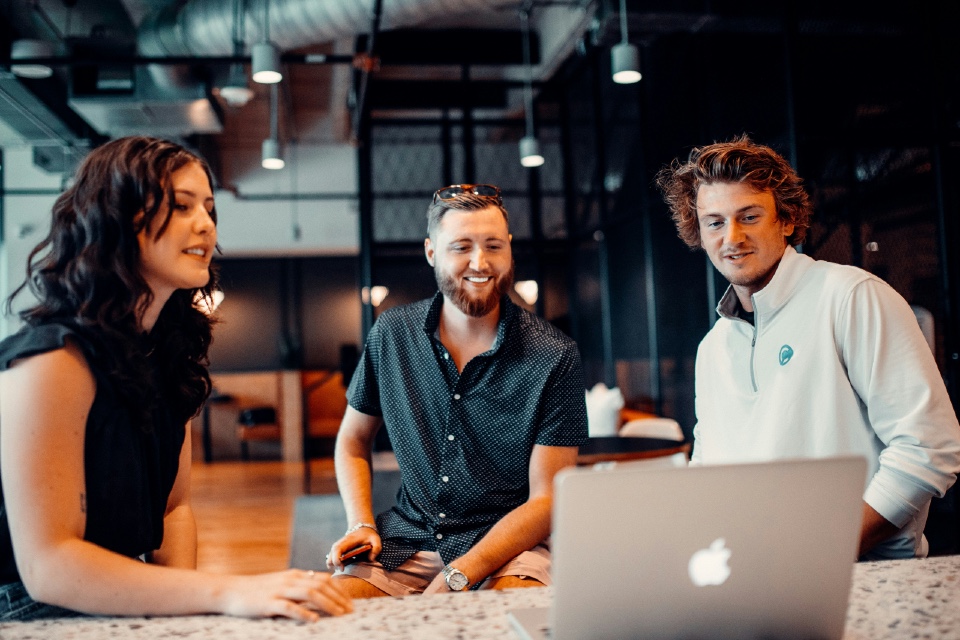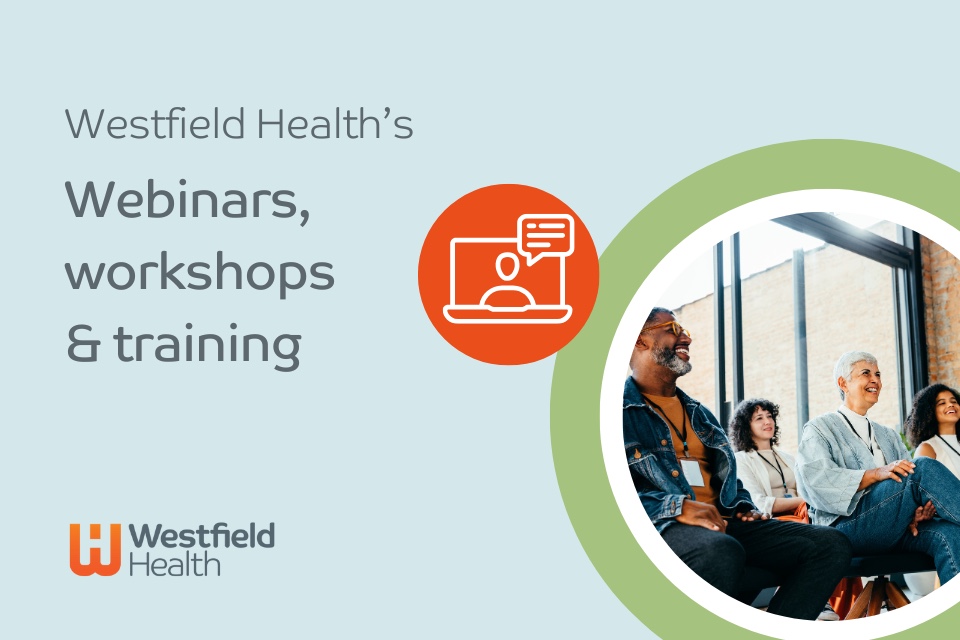By Alice Hewson (pictured), Author of Neurodiversity In The Workplace
Exploring employee wellbeing has been, in recent years, a topic of conversation in many workplaces, from offering wellbeing ‘incentives in job adverts, to looking at policies, investing in mental health first aiders and encouraging colleagues to talk about mental health at work.
In the Headspace “The workforce state of mind in 2024” report, they capture responses from over 2,000 employees, CEO’S and HR leaders about their understanding of mental health at work today. This article further summarises these findings. I want to explore how this research and evidence can contribute to better systems design and inclusion for neurodivergent folk at work.
The impact of workplace stress
According to the report 47% of employees and 66% of CEO’s shared that the majority of their stress comes from work. In chapter 11 of my book “Neurodiversity in the Workplace”, I explore why it is important to support staff wellbeing, and ways organisations can do this, that don’t feel tokenistic or like an employer is just going through the motions of providing ‘wellbeing perks,’ like fruit in the office or yoga at lunchtimes. I highlighted that before we look at systemic inclusion and ways to design services and systems to include everyone, we must first get the basics of workplace wellbeing right, to hopefully prevent the findings of the headspace research. Meeting someone’s basic needs at work is so important, which could include, flexible working, realistic deadlines and working hours, not over-working staff and offering adequate breaks. We often experience stress because we are under-paid, over worked and not valued in the job we do. The suggestions in the headspace report to encourage behaviours from employees to recognise their own work-life balance will help, but the emphasis really should be on the employer taking responsibility to ensure that their employees don’t feel overworked, overwhelmed and stressed at work. Conversations about healthy work-life balances are important, but until changes in policy are put into practice, many organisations will see very little change to the long-term wellbeing and happiness of their employees.
Positive working relationships
I recognise from my own experience how important it is to have positive relationships with your colleagues, a line manager who cares about your wellbeing and development, and to be part of a workplace culture that cultivates inclusion, support and equity. Being able to find connections, feel part of a team and develop community at work is crucial for staff retention, productivity, and job satisfaction. The Headspace report stated that 53% of people interviewed were able to find their community, which suggests just under half were unable to build those connections with others. Neurodivergent people often feel isolated because of their differences, with a lifetime of not fitting in, or included in playground games when we were younger. This trauma stays with us when we reach the workplace, as we desperately search for a place to belong. All I wanted from work was somewhere I could be myself in, that I didn’t have to mask or hide parts of my identity. These statistics demonstrate that there is still much that can be done to embed inclusion into workplace practices, to enable more people to find their community, build connections and feel less lonely in the workplace.
Supporting line managers
In my most recent job, I was lucky to have a positive relationship with my line manager, who was available when I needed her, supportive of my development and genuinely cared about my wellbeing. I recognise many neurodivergent people never have this experience, and so often approach new line manager relationships with caution. In the Headspace report, 43% of employees shared that they felt negatively impacted by their line manager, with 60% identifying positive support structures being offered like flexible working. This demonstrates that further training is needed to ensure more line managers are equipped to support people across a diverse workforce, with many different challenges, backgrounds, and circumstances. However, as I highlighted in my book, it’s also important to offer emotional support for line managers too. The challenges people face often come with trauma, and a line manager will need time and space to offload onto their manager, or an offer of external support similar to clinical supervision that takes place in care settings. They may also not feel qualified to support with some difficulties, and so seeking professional advice will be valuable. Without adequate support, training and a space where it is safe to challenge and be challenged, it will be difficult to be the line manager every employee needs in their life. When I found that line manager myself, I realised that I suddenly didn’t have to explain myself anymore, because the system was there to support me. Finding a safe place to belong involves trekking down a long path of rugged terrain. When you finally get to your destination, you don’t want to let it go.
Creating safe environments
I am delighted to see that the headspace report highlights a growth in leaders feeling able to and encouraging talking about mental health in the workplace – up to 89% in 2024 from 35% in 2020 – this huge increase shows that workplace cultures and environments are being created to make sharing safe to do so. It wasn’t long ago when we were encouraged to keep our work and home life separate, and that we didn’t talk about our problems in the workplace. A “stiff upper lip” and “we don’t talk about our feelings” culture has a lot to answer for here. Some of this ingrained culture will account for suicide rates in the UK steadily rising over the years, with suicide remaining the biggest killer of men under 45.
As the report shares, its vital employers create a culture of transparency and trust, where it feels safe to share challenges or difficulties someone faces, both in and outside of work. Over the last year while writing my book I have explored in depth what it means to work in a “safe environment” and how we can work together to create these spaces. It all comes down to a few crucial ingredients that require everyone in the organisation from top senior managers to junior members of staff, to be committed to change and making the workplace a safe space to be. Core to ingredients to create that space include:
- Identifying core organisational values
- Improving knowledge and understanding of the team
- Committing to meaningful long-term action and cultural change
- Inclusive design
Many people feel empowered when they hear managers or others in senior positions sharing lived experiences, however we must also recognise there shouldn’t be expectations or pressure to share details of your life, as many people don’t feel ready to do so. It’s all about balance and creating a culture of care when someone chooses to disclose.
Improving mental health resources
In recent years “resilience” has become a bit of a workplace buzzword, with many organisations offering resilience training, and talking about how employees can improve their resilience. This often puts the responsibility on the person experiencing the trauma or challenge in their lives to bounce back. To me, resilience has connotations of toughening up or developing ‘thicker skin’, when in reality we all respond to difficult events in different ways, and telling someone to build their resilience may not be helpful, especially if they are neurodivergent. Instead, we need to develop a comprehensive bank of mental health resources, that can include signposting to specialist organisations, phone numbers to call or assistive technology, to better equip both employees and employers to respond to times of challenge. Someone with ADHD for example may benefit from ADHD coaching to develop strategies to navigate setbacks, rather than simply being told they need to build resilience. Headspace highlighted that less than a quarter employees report not being able to move on because of a setback, which may be as a result of managers being unable to offer appropriate signposting to meet different needs.
We live in a society where major world events impact our mental health and wellbeing, which all affect productivity, focus and attention at work. If people who are not neurodivergent feel this strain, the impact on neurodivergent people navigating turbulent times is compounded more. As the Headspace research show, creating spaces centred around positive relationships, transparency and trust is key to positive personal and professional development.
To find out more about how you can create inclusive and safe environments to enable people to thrive in the workplace, you can buy Neurodiversity in the Workplace here.









